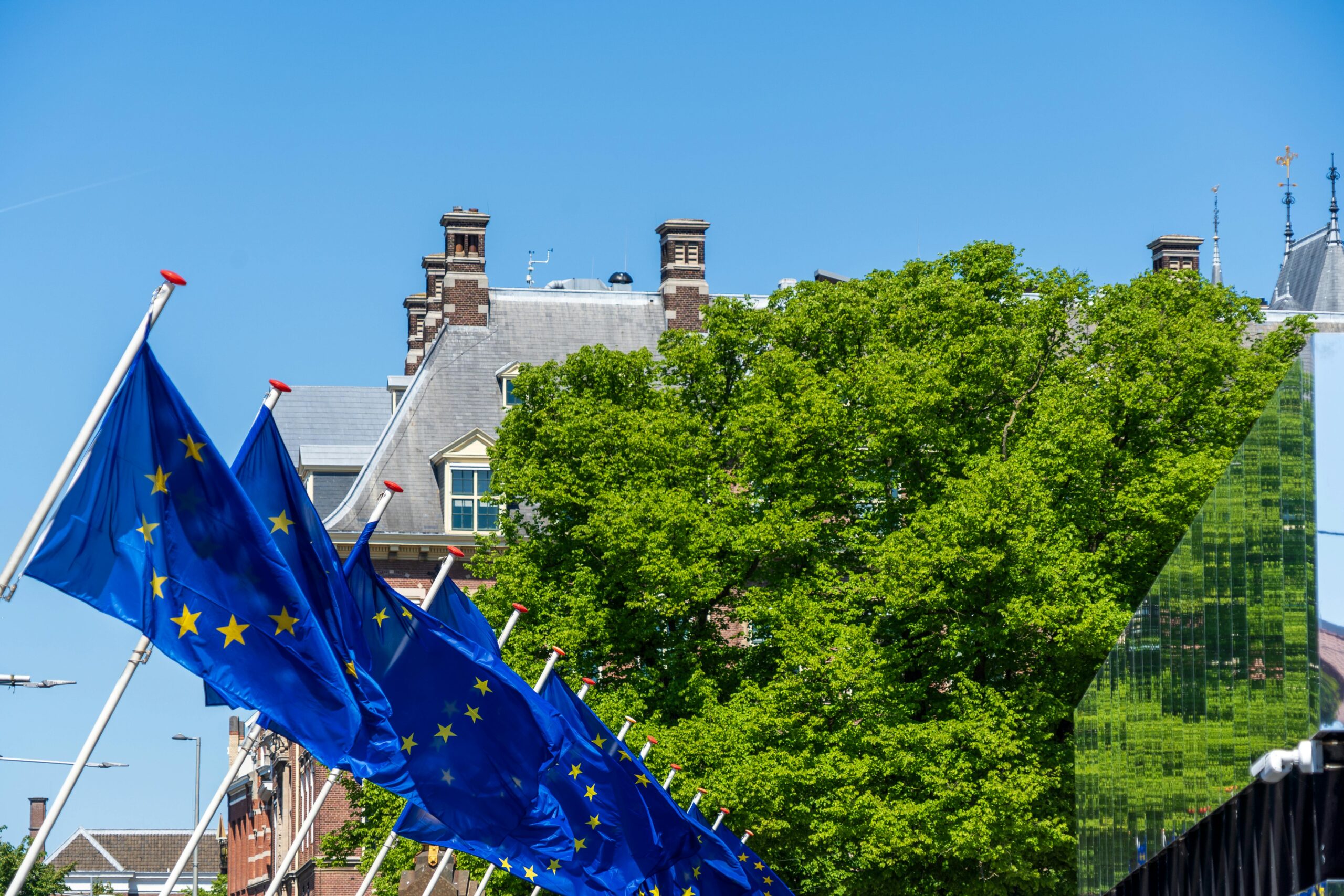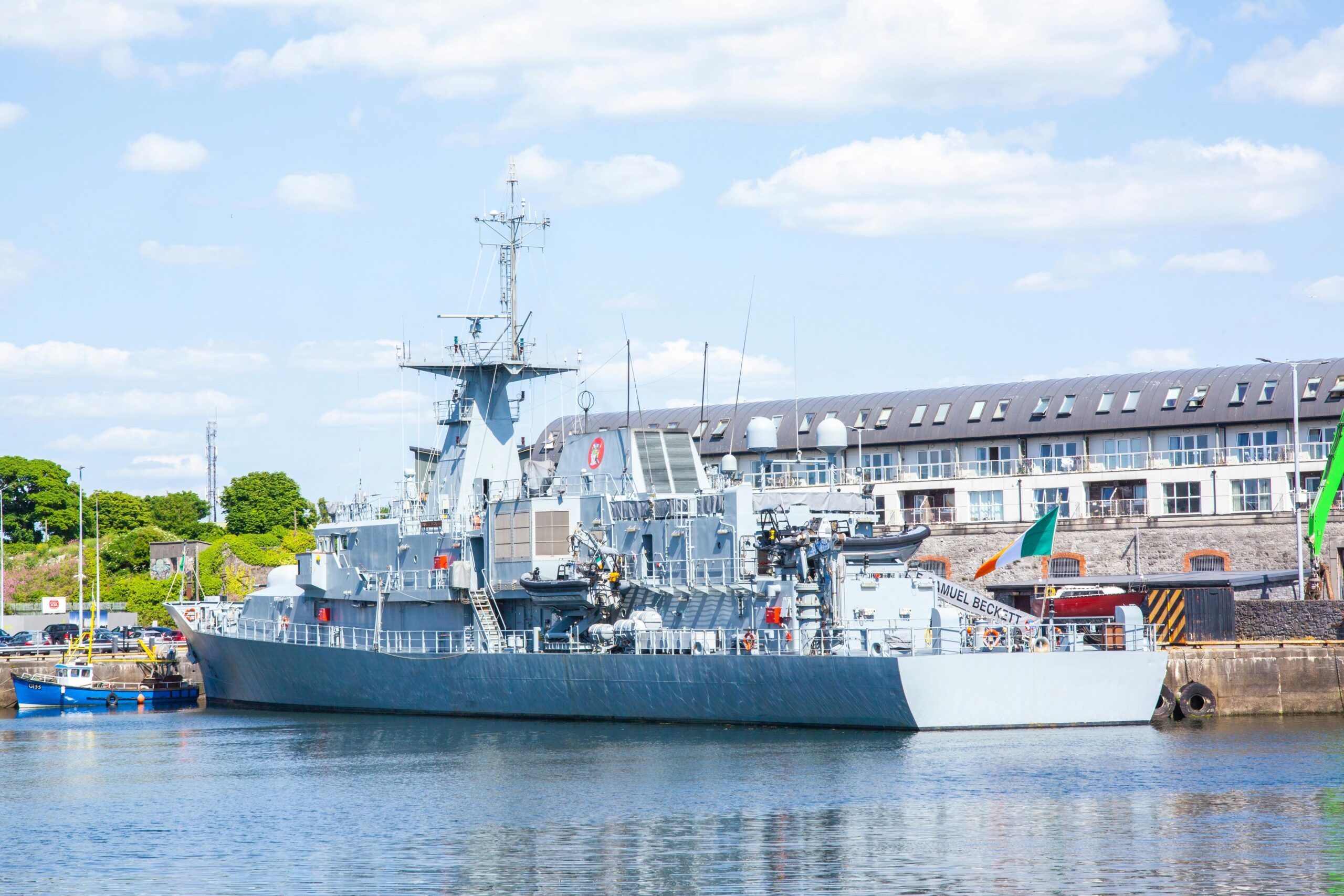The Department of Further and Higher Education, Research, Innovation and Sciencereleased Ireland’s preliminary position paper for the 10th EU Research and Innovation Framework Programme (FP10) until 2034. Therefore, it is essential that the programme is forward-thinking and adaptable. This will ensure the continued growth of the EU’s R&I capabilities, particularly in sectors crucial to European competitiveness, such as semiconductors, quantum computing and MedTech.
The paper outlines Ireland’s priorities for the FP10, emphasising three key principles:
1. Excellence: Excellence must remain the primary criterion for the award of framework programme funding to uphold Europe’s strong track record in producing world-class research. The paper acknowledged the need to incorporate transnational cooperation into the FP10. However, it emphasised the importance of balancing international collaboration with safeguarding EU and Irish interests. This is particularly relevant in the current landscape, as R&I cannot be separated from geopolitical dynamics, with protectionist trends emerging, especially under the Trump administration.
Furthermore, the paper calls on the FP10 to strike a balance between “curiosity-driven” and targeted research while aligning with European Research Area (ERA) priorities. The FP10 will act as the primary mechanism for implementing agreed ERA priorities for 2025 to 2027. In February 2025, the European Commission adopted its proposal for a Council Recommendation on the European Research Area Policy Agenda 2025-2027. The adoption of the ERA Policy Agenda 2025-27 by the Council is expected in May under the Polish presidency.
2. Innovation: FP10 will play a crucial role in the new European competitiveness agenda. The paper called for duplication to be minimised and coherence to be encouraged across FP10 and other Multiannual Financial Framework programmes to optimise public investment and attract private funding. Additionally, Ireland recognises the need for a dedicated focus on disruptive innovation while supporting all forms of innovation.
The paper questioned the continuation of the European Institute of Innovation and Technology in its current form. The paper called on the EU to carry out a cost-benefit analysis of the various innovation instruments to ensure that the new FP10 is well-equipped to deliver Europe’s R&I objectives.
3. Implementation tools: To maximise FP10’s impact, it is essential to ensure that the implementation tools are fit for purpose. The paper called for simplification to ensure that the FP10 is accessible to reduce the administrative burden on funding applicants. The EU should focus on streamlining the number of instruments and avoid the introduction of new tools without strong justification.
Moreover, Ireland supports the continuation of the three-pillar approach and suggests improvements in several areas, including infrastructure, partnerships, missions and interlinkages between pillars. An integrated approach to the design and implementation of the FP10 is crucial to optimise the effect of R&I investment and achieve maximum impact. FP10 presents an opportunity for the EU to reexamine the existing horizontal requirements.
Ireland’s preliminary position paper on the FP10 aligns with the commitments to R&I outlined in the Programme for Government, reaffirming the government’s commitment to fostering a vibrant R&I ecosystem in Ireland and the wider European Union.

